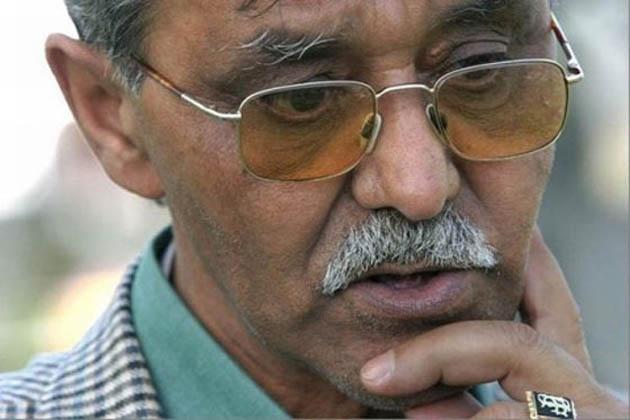Ethnic data collection became the subject of debate at Monday’s seminar organized by the Platform for Human Rights and the ROMEA organization at the Czech Parliament. Čeněk Růžička of the Committee for the Redress of the Roma Holocaust (VPORH) and Zdeněk Ryšavý, director of the ROMEA organization, expressed support for the collection of statistical data about Romani people.
"If society is supposed to aid us Roma somehow, it must have data about us. I am an indigenous Czech Rom and our community has experienced being ‘inventoried’ several times and we know repressive units of the state have misused that information. Even though, as a Rom, I am aware of this enormous problem, I nevertheless agree that data should be collected about us," Růžička said at the seminar.
The activist said he realizes that some Romani people might be against such data collection, but he believes the necessity to solve current problems is so important that these people can be convinced of the need for data collection. "There is a need for a reliable Romani person to explain this issue to them," he said.
Zdeněk Ryšavý, director of the ROMEA organization, also agrees with the collection of statistical data on criminal involvement (and incarceration), education, employment and the social circumstances of Romani people. "The most recent Roma Integration Strategy to 2020 touches on this, because on the one hand it talks about Romani people as a group who are to be specifically aided in certain cases, and on the other hand it is up against the problem of how to identify a member of this group," said Ryšavý, who also said be believes this is not just about Romani people, but other nationalities as well.
The debate on the collection of ethnic data always surfaces in the context of how many Romani children are in the former "special" schools, as it did in the year 2013, when the Czech School Inspectorate tried to determine the number of Romani children in such schools. During that effort, teachers suddenly reported they had no Roma in their classrooms.
"I welcome data collection… If we are supposed to confirm our claims that Romani children are relegated to ‘special’ schools on the basis of their ethnicity, I don’t see any better way to prove that. Numbers are the best argument. Personally I would add the data from the educational psychological counseling centers into the mix," Romani commentator Patrik Banga told news server Romea.cz in 2013.
EU Directives specifically urge the collection of (anonymous) data should discriminatory mechanisms in the field of education be evident. "That data is supposed to be repeatedly collected so we can measure whether the steps taken to combat discrimination are successful. I disagree with those who say we cannot collect ethnic data or even that we are not permitted to – I think that is, to a certain extent, an alibi given by those who defend the current system," Klára Laurenčíková, chair of the Czech Professional Society for Inclusive Education, told Romea.cz in a previous interview.
"It’s a big problem that without that data, the state administration does not have a realistic view of the situation. The bureaucrats and politicians who are supposed to be involved in correcting the causes of negative social phenomena are only able to propose solutions based on estimates or impressions. Some solutions then have a much lower effect than they might have with more detailed knowledge of the situation," Ryšavý said.
Another problem is that even though no one knows how many Romani people are actually involved in the perpetration of crime in the Czech Republic, that does not stop people from brandishing claims about horrible numbers of Romani criminals. Such people claim to use "reliable statistics" when what they are actually using are hoaxes making the rounds on the Internet.
Czech MP Tomio Okamura, for example, did just that last week. According to Petr Torák, a Romani police officer originally from the Czech Republic who now works in the UK, the collection of ethnic crime statistics is customary there.
British police officers are tasked with recording the ethnicity and nationality of the persons they encounter while on duty. If someone does not want to communicate that information, the officer is allowed to list his or her best guess.
"Police in England are required to register the ethnicity of all people they come into contact with while on duty. Every officer has a case log," Torák told news server Romea.cz.
In addition to acquiring a realistic picture of the situation of Romani people, another reason to collect this statistical data is to assess and demonstrate relationships of cause and effect. For example, statistics could investigate whether there is a connection between the perpetration of petty crime and poverty by comparing data disaggregated by ethnicity with broader statistics.
"In my opinion, it makes no sense for the media to arbitrarily publicize the ethnicity or nationality of crime suspects when that information is unrelated to the crime (for example, the crime is not racially motivated). That practice will never give us an actual picture of the crime rates among certain ethnic, national or social groups," Ryšavý said.
